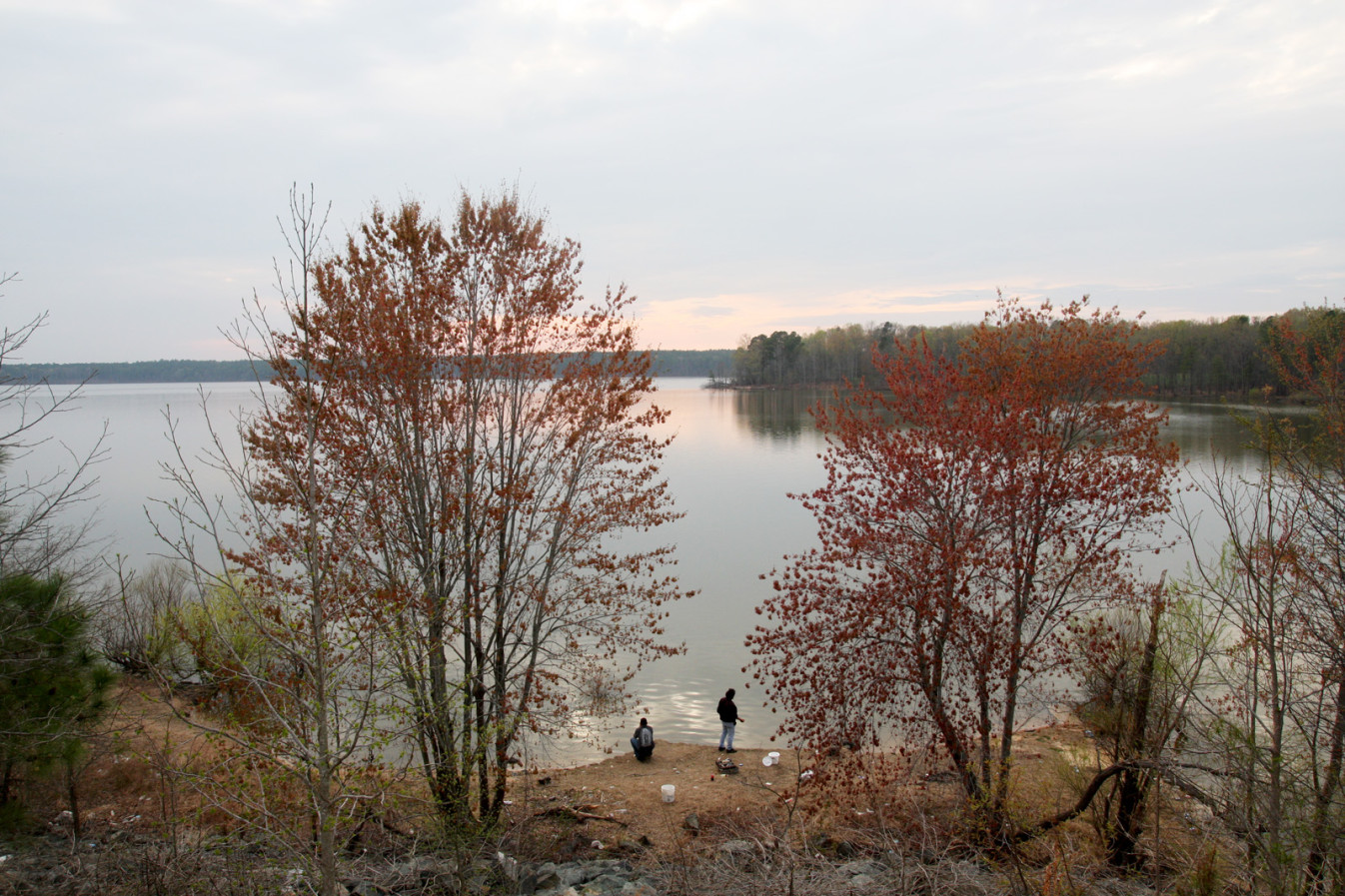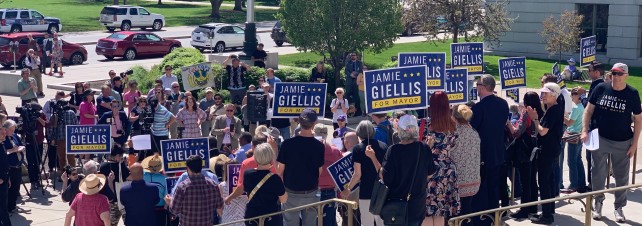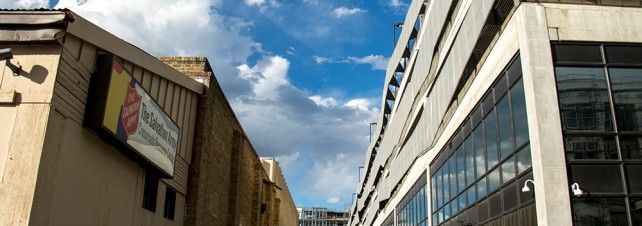People argued about Jordan Lake before it existed, and they argue about it now. The planners knew 40 years ago that the trouble wouldn’t stop when the dam was built and the churches were relocated, or even when people forgot that someone actually built the 28-mile long lake.
They knew more than anything that they’d very soon have a mess of algae. You can read as much in the original complaints about the lake to be built: The place is a trap for pollution, waiting at the bottom of slopes that rise 60 miles west, straight into the Triad cities.
Anything that leaks down those creeks and rivers – fertilizer in particular – piles up in Jordan Lake, changing the natural balance of an unnatural place. The result, as I’ve learned from a year’s worth of stories on the topic, is a never-ending bureaucratic battle of mind-numbing details and stupendous significance to North Carolina.
I stumbled into this story a couple months before it blew up last summer. Elected officials from the upstream counties were preparing an attempted repeal of the long-debated state-wide contract to keep nitrogen and phosphorous out of Jordan Lake. When it broke open, I found myself riding a new environmental beat to The News & Observer’s Sunday fronts.
My challenge in covering it has been to make it more palatable than that last sentence. So, both as a primer on nutrient-pollution politics and a bit of portfolio work for myself, here’s my best work on the topic. I’ve left out a number of interstitial stories, and I’ve included broader environmental stories that came out of my research. I’ll update this post with more stories as they come.
1. It’s upstream vs. downstream in Jordan Lake repeal
Introducing the messing alliances at play and the politics of hydrodynamics in a Sunday 1A piece. After months of partisan warfare on other topics in the legislature, the Jordan Lake affair brought some refreshingly regional rhetoric.
2. N.C. steps into uncharted waters with Jordan Lake experiment
A few months on and the legislature was putting a new Jordan Lake plan into place. Rather than a full repeal they opted to delay the Jordan Lake rules package, as they had several times before. This story traces their plan to award a no-bid, $1 million-plus project to clean the lake with floating circulators.
3. N.C. state auditor: Legislature’s no-bid Jordan Lake project is legal
A surprising (to me) explanation of how the legislature is not bound by the same purchasing rules as the rest of state government.
4. How soon does the public need to know about N.C. spills?
Millions of gallons of raw sewage spilled into the Haw River. No one told the public for days. There are arguments for delayed notification, but from what I can tell this story pushed the state toward broader and faster announcements in the next few months.


